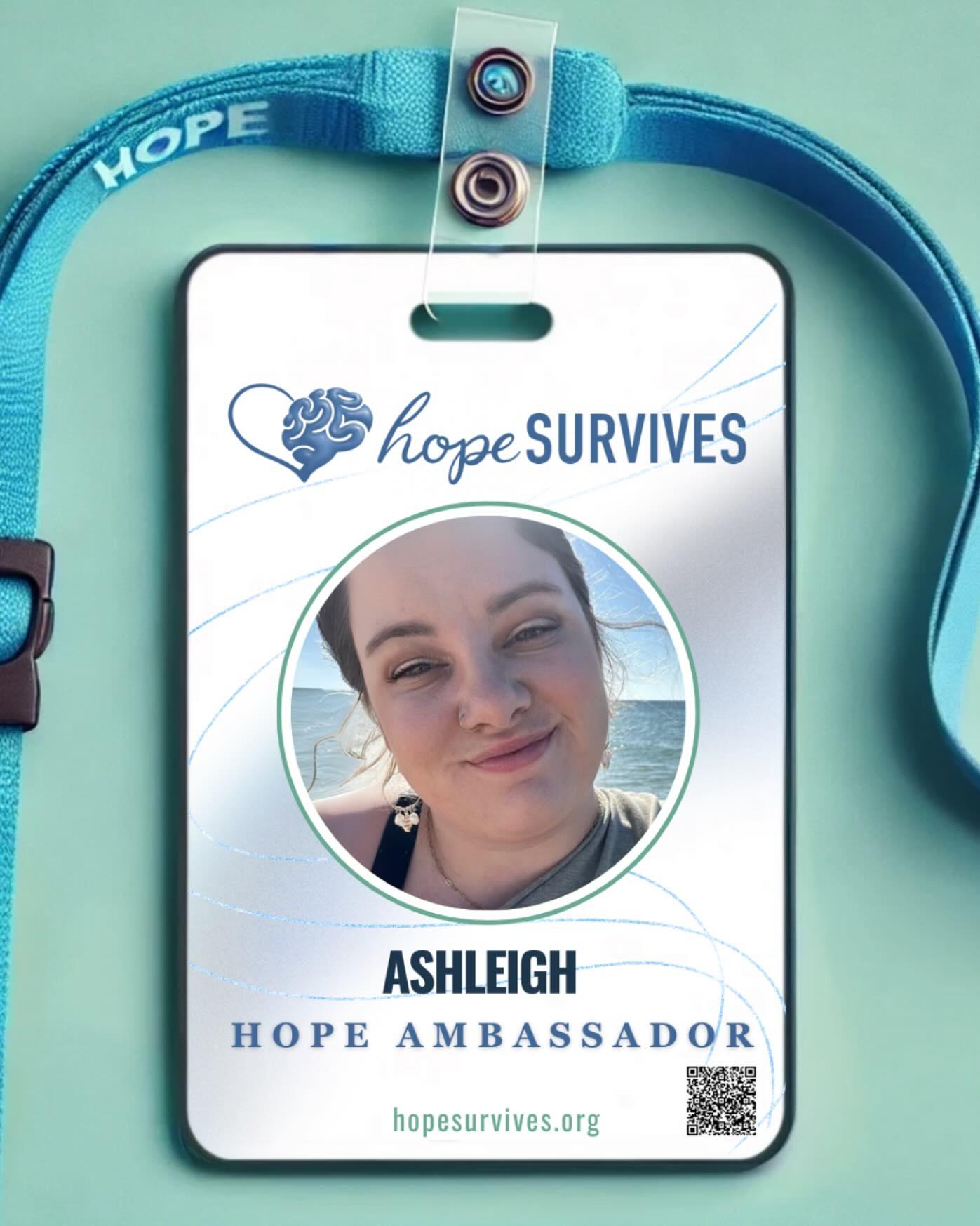From survivor to supporter: Ashleigh Mackey’s journey through stroke and advocacy
“I think from the education and resources that I have gained through Hope Survives, and from the things that I have personally been through,” Mackey said, “that both of those helped me to be a better support for the patients and their families.”
By Michelle Ryan-Day
[email protected]
In 2020, Ashleigh Mackey was just 23 and in her fourth semester of nursing school when everything changed. She woke up one morning unable to close her fist or raise her arm. Though she was quickly hospitalized and her symptoms resolved within days, doctors confirmed what seemed unthinkable: she had suffered a stroke.

“I didn’t believe it,” Mackey, MSHQS, BSN, RN, stroke certification coordinator at USA Health University Hospital, said. “I thought I was too young at 23 years old.”
But the truth was unavoidable. That first stroke marked the beginning of a difficult journey filled with questions, fear and resilience. Over the next few years, Mackey would suffer another stroke and eventually be diagnosed with Moyamoya disease, a rare and progressive brain condition that narrows the arteries at the base of the brain and can cause recurring strokes. In 2025, at 28 years old, she learned she would need two brain surgeries to help prevent further episodes. She is currently recovering from the first.
Rather than let her diagnosis define her, Mackey found purpose in her pain.
As she navigated the emotional and physical toll of chronic illness, she discovered Hope Survives, a nonprofit organization supporting brain injury and stroke survivors, as she was searching online for resources to share.
“I started listening to their podcast, and I was really touched by the way that they made brain injury survivors feel so seen,” she said. “When I heard on their podcast that I could get involved and volunteer with them, I immediately signed up.”
She became a Hope Ambassador, giving her a platform to use her lived experience to advocate, educate, and inspire others recovering from strokes and brain injuries. The mission of Hope Survives aligned perfectly with her own: to ensure that no survivor ever feels alone or misunderstood.
Her role as a Hope Ambassador also complements her work as a stroke coordinator at University Hospital, where she brings a rare and invaluable dual perspective — clinician and survivor.
Each day at USA Health, she supports stroke survivors and their families in moments of crisis, helping them understand what’s happening and what to expect next. She educates the public on stroke prevention and leads initiatives like restarting the hospital’s stroke support group, where she fosters safe, nonjudgmental conversations for survivors and caregivers.
“I think from the education and resources that I have gained through Hope Survives, and from the things that I have personally been through,” Mackey said, “that both of those helped me to be a better support for the patients and their families.”
Emily Dahlmann, DNP, RN, SCRN, USA Health Stroke Program director, sees the difference firsthand.
“Ashleigh’s experience as a stroke survivor has allowed her to connect deeply with patients. Her profound strength from and throughout her stroke journey resonates with other survivors,” Dahlmann said.
“I don't know of any other stroke coordinators who are also stroke survivors (there probably aren't many), but Ashleigh's unique perspective has helped reshape our way of educating the community and has improved our stroke program. We've been able to take a look at our program from her lens to improve stroke care, which is incredibly invaluable.”
As a result of her experience, Mackey is especially passionate about correcting common misconceptions about strokes — starting with age.
“Statistically, one in four stroke survivors is under the age of 65, and I try to make sure that I talk about that statistic often,” she said. “It is a common misconception.”
She also emphasizes the emotional recovery after a stroke, something that’s often overlooked.
“If I could send one message to new survivors,” she said, “it would be that all of the things you are feeling are so normal: the grief, the anger, the confusion, the change in identity,” she said. “But there are always people that will be there for you, and you can consider me one of them.”
Mackey also has advice for those walking beside survivors: “Just meet them where they are and understand that they are grieving everything that they thought would be. To be a stroke survivor, you are living a new life with a new identity, and it is very hard to understand what that looks like to adjust to that.”
She understands the power of presence, because she’s lived it. And now, she uses her story to bring hope to those who are only beginning their own.
To learn more about the Hope Ambassador Program or to find stroke survivor resources, visit hopesurvives.org/hope-ambassador-team.




